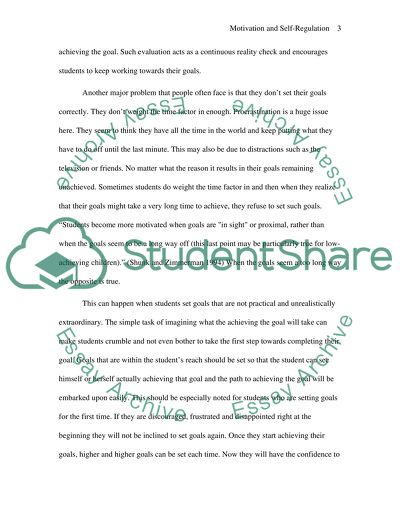Cite this document
(“Motivation and Self Regulation in Learning Essay”, n.d.)
Motivation and Self Regulation in Learning Essay. Retrieved from https://studentshare.org/miscellaneous/1511104-motivation-and-self-regulation-in-learning
Motivation and Self Regulation in Learning Essay. Retrieved from https://studentshare.org/miscellaneous/1511104-motivation-and-self-regulation-in-learning
(Motivation and Self Regulation in Learning Essay)
Motivation and Self Regulation in Learning Essay. https://studentshare.org/miscellaneous/1511104-motivation-and-self-regulation-in-learning.
Motivation and Self Regulation in Learning Essay. https://studentshare.org/miscellaneous/1511104-motivation-and-self-regulation-in-learning.
“Motivation and Self Regulation in Learning Essay”, n.d. https://studentshare.org/miscellaneous/1511104-motivation-and-self-regulation-in-learning.


